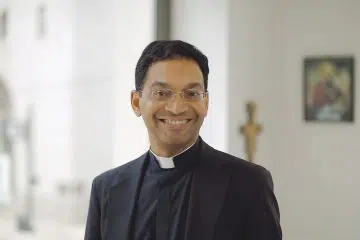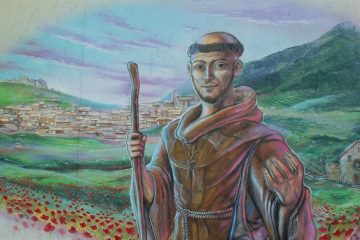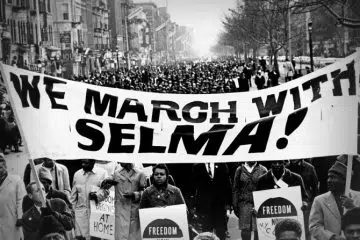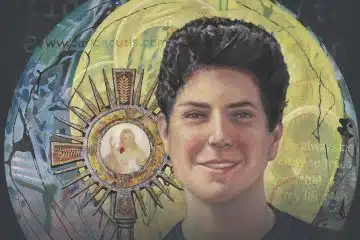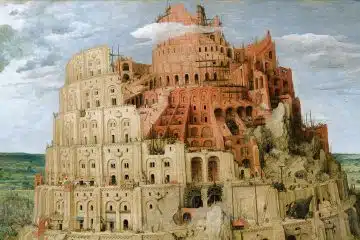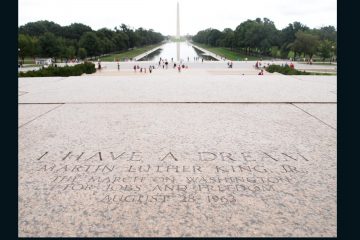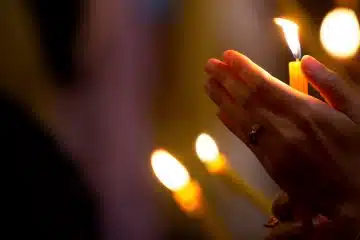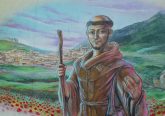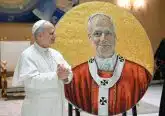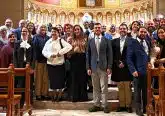Pope highlights dignity of migrants, supports U.S. bishops’ statement
Answering questions from journalists in Castel Gandolfo, Pope Leo XIV decries recent measures against migrants in the United States, and he calls for treating people “with humanity and dignity.” He also denounces the killings of Christians and Muslims in Nigeria and expresses hope for a ceasefire and dialogue in Ukraine, where “people are dying every day.” Vatican News
Responding to questions by reporters ranging from peace in Ukraine to recent U.S. migration measures, to terrorism in Nigeria and possible journeys in 2026, Pope Leo XIV even shed light on how he spends his day of “rest” in Castel Gandolfo, as he left the papal residence in the Alban Hills on Tuesday evening.
Peace in Ukraine On the eve of a renewed attempt to resume negotiations on Ukraine/Russia peace negotiations on Wednesday in Türkiye, the Pope was asked about the possibility of ceding territory to Russia to end the war, an option recently mentioned by U.S. President Donald Trump.
“This is for them to decide; Ukraine’s constitution is very clear,” Pope Leo said. “The problem is that there is no ceasefire. They are not reaching a point from which they can begin a dialogue and see how to resolve this issue. Unfortunately, people are dying every day. I believe we must insist on peace, beginning with a ceasefire and then dialogue.”
Measures against migrants in the United States
The Pope also commented on the 13 November statement released by the U.S. Conference of Catholic Bishops during its plenary assembly in Baltimore.
On that occasion, the bishops issued a pastoral letter rejecting mass expulsions, expressing concern for the situation in the country, and reaffirming that national security and the protection of human dignity are not incompatible. The Pope expressed appreciation for the bishops’ statement, calling it “very important.”
“I would like to invite all Catholics—and also people of good will—to listen carefully to what they have said. I believe we must seek ways of treating people with humanity, with the dignity that is theirs,” he said.
“If someone is in the United States illegally, there are ways to address this. There are courts. There is a judicial system. I believe there are many problems in the system. No one has said that the United States should have open borders,” the Pope noted, adding, “I think every country has the right to determine who enters, how, and when.”
However, he added, “when people have lived good lives—many of them for 10, 15, 20 years—treating them in a way that is, to say the least, extremely disrespectful, and with instances of violence, is troubling.”
Concluding, Pope Leo said: “The bishops have been very clear. I would simply invite all Americans to listen to them.”
Persecutions in Nigeria
Responding to a question about ongoing violence in Nigeria—a country he had also mentioned in last Sunday’s Angelus appeals—referring to a wave of hatred and violence affecting Christians and other communities, he said, “I think that in Nigeria and in other regions there is indeed a danger for Christians, and for everyone, Christians and Muslims.
He noted that the issue of terrorism is tied to the war economy and to the struggle for control of land.
“Unfortunately, many Christians have died, and I think it is very important to find ways for the government and all communities to promote authentic religious freedom,” he said
Upcoming journeys
In Spanish, the Pope was also asked about a possible trip to his “own” Latin America, starting with Peru, where he served as a missionary for more than twenty years.
“During the Jubilee Year, we move forward day by day with the activities, and next year we will begin to plan something,” he said, adding that he has always liked to travel.
The challenge is scheduling with all the commitments, he said, mentioning possible destinations that include Fatima, Guadalupe in Mexico, and then Uruguay, Argentina, and Peru, “of course.”
Days in Castel Gandolfo
The Pope also satisfied the curiosity of journalists by explaining how he spends his Tuesdays in Castel Gandolfo: “A bit of sport, a bit of reading, a bit of work—there is daily correspondence, phone calls, certain matters that may be more important or more urgent—a bit of tennis, a bit of swimming.”
As for why he needs this weekly pause, he said, “I believe that human beings really must take proper care of themselves. Everyone should do some activity for body and soul. For me, it works very well.” It is “a break” that “helps a lot.”
The case of the Bishop of Cádiz
The day after meeting with the Spanish Bishops’ Conference, the Pope was asked about the case of Bishop Rafael Zornoza of Cádiz and Ceuta, accused of sexual abuse in the 1990s.
“Every case has a series of clearly established protocols,” he said. Regarding Zornoza’s case, “the bishop himself has had to respond and maintains his innocence. An investigation has been opened, and we must allow it to proceed; depending on the results, there will be consequences.”
Addressing the concerns of victims, Pope Leo expressed the hope “that they may find a safe place where they can speak and present their cases.” Alongside this, he said, “It is important to respect the processes, which take time; but we have already discussed the need to follow the steps indicated by the judicial system, in this case, by the Church.”


